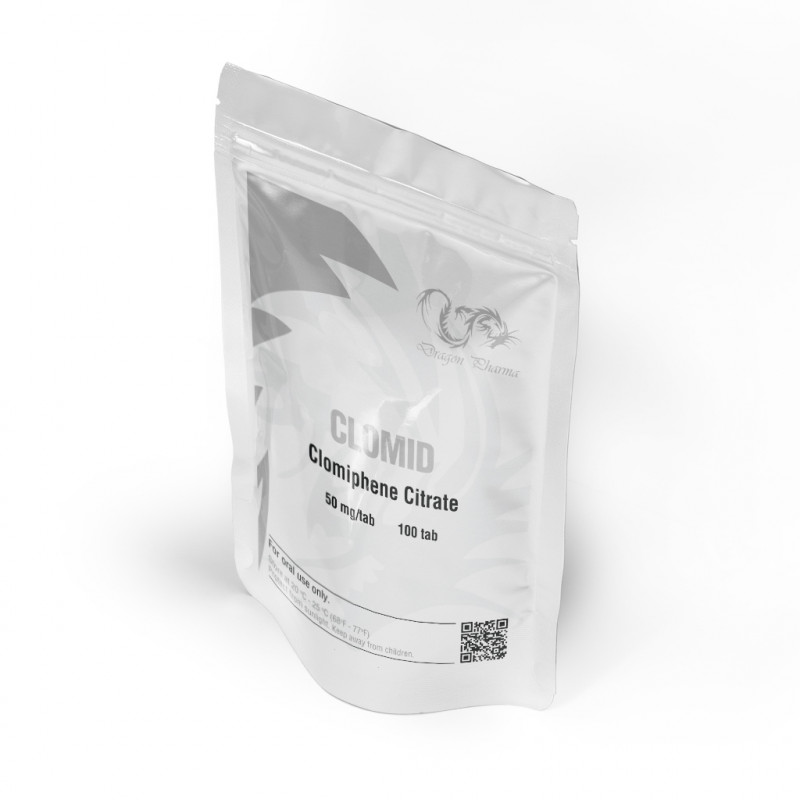Description
Clomid, also known by its generic name clomiphene citrate, is a medication that is commonly prescribed to women who are struggling with infertility. This medication works by increasing the production of hormones that are necessary for ovulation to occur, and it can be a highly effective treatment option for many women.
Clomid is often used as a first-line treatment for infertility, particularly in cases where the woman is not ovulating regularly or is experiencing irregular periods. The medication is taken orally for several days at the beginning of the menstrual cycle, and it works by stimulating the release of follicle-stimulating hormone (FSH) and luteinizing hormone (LH) from the pituitary gland. These hormones then signal the ovaries to produce and release an egg.
One of the benefits of Clomid is that it is relatively easy to use, and it can be prescribed by a general practitioner or a fertility specialist. The medication is also relatively affordable, which can be a significant advantage for women who are undergoing fertility treatments.
However, there are some potential side effects associated with Clomid that women should be aware of. These side effects can include hot flashes, mood swings, breast tenderness, and headaches. In rare cases, Clomid can also increase the risk of ovarian hyperstimulation syndrome (OHSS), which is a potentially serious condition that can cause swelling and pain in the ovaries.
Despite these potential risks, Clomid is considered a safe and effective treatment option for many women who are struggling with infertility. It is important for women to discuss their options with a healthcare provider, and to carefully weigh the benefits and risks of Clomid before deciding whether or not to use this medication.
For women who do decide to use Clomid, there are several important things to keep in mind. First, it is important to take the medication exactly as prescribed, and to follow any instructions provided by the healthcare provider. Women should also be aware of the signs and symptoms of OHSS, and should seek medical attention if they experience any of these symptoms.
In addition to taking Clomid, there are several other steps that women can take to increase their chances of becoming pregnant. These may include maintaining a healthy diet and exercise routine, tracking ovulation with an ovulation predictor kit, and engaging in sexual intercourse during the fertile window of the menstrual cycle.
Overall, Clomid is a valuable treatment option for many women who are struggling with infertility. While there are some potential risks associated with this medication, it is generally considered safe and effective when used as directed by a healthcare provider. Women who are interested in Clomid should discuss their options with a qualified provider, and should carefully consider the potential benefits and risks before making a decision.








